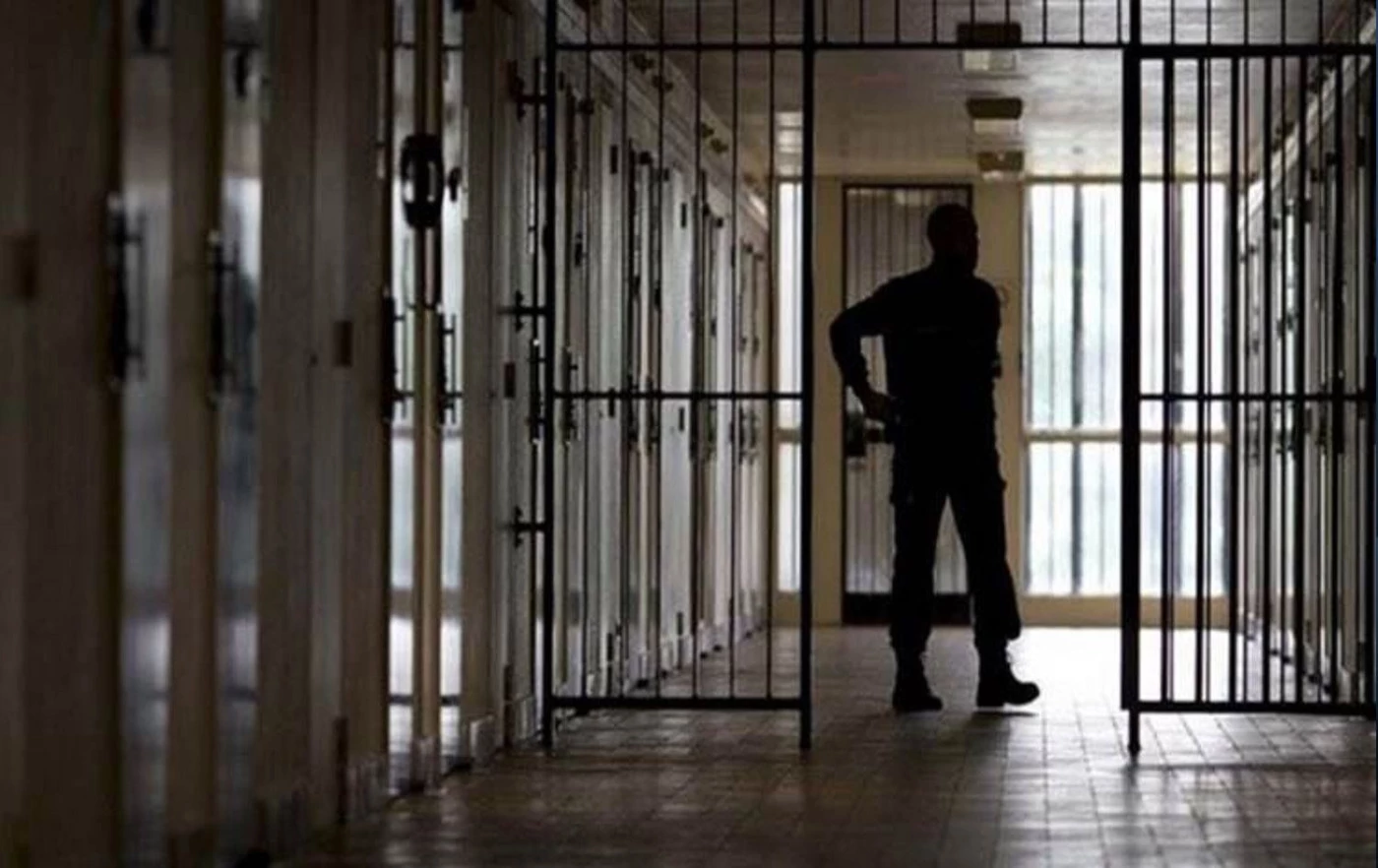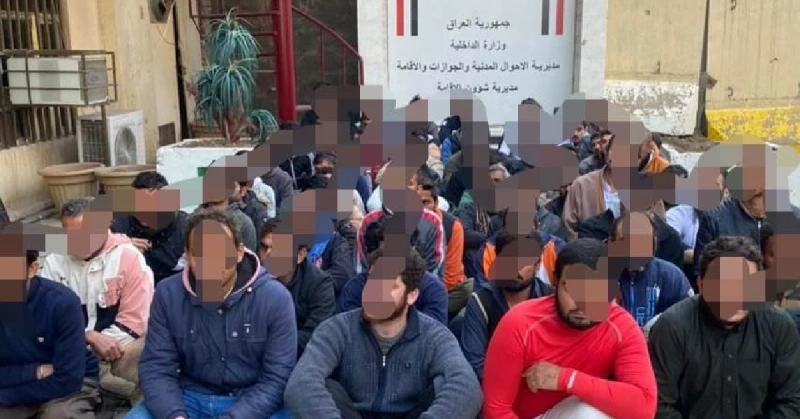ERBIL, Kurdistan Region of Iraq - The Iraqi justice ministry on Tuesday revealed that up to 500 inmates have been released in accordance with the General Amnesty Law over a month after it went into effect.
Iraq’s Supreme Judicial Council holds the final say when it comes to the release of prisoners, justice ministry spokesperson Ahmed Laibi told state media, adding that the ministry’s role is ensuring that the inmates are not wanted for their involvement in other cases before granting them the release.
“The ministry has released 350 to 500 inmates to whom the general amnesty applies,” said Laibi, adding that authorities are expediting efforts to increase the number of the released, which he noted would help with reducing overcrowding – A major issue for Iraqi prisons.
There are reportedly over 60,000 inmates across 30 Iraqi prisons. The capacity of the facilities is around 25,000.
“The ministry has developed strategic plans with timelines, budgets, and allocations for prison reform… According to this plan, the overcrowding issue will be abolished by the end of this year,” Laibi added.
Iraqi Justice Minister Khalid Shwani in June said that prison overcrowding has reached 300 percent of the actual capacity.
“We are working on a program to expand prisons and reduce overcrowding by 200 percent,” Shwani explained, promising that by the end of 2025, Iraq would have prisons with capacities that meet human rights standards.
The Iraqi parliament passed the General Amnesty Law in late January. The law was published in the Official Gazette nearly a month later, commencing its legal implementation.
The law was among the main requests of the Sunni component upon the election of Prime Minister Mohammed Shia’ al-Sudani.
The law redefines the concept of affiliation to terrorism, through which the cases of many in Iraq will become easier to resolve. The law could save the lives of scores of innocent people from the country’s prisons, but could also lead to the release of the guilty, too, if not implemented properly.



 Facebook
Facebook
 LinkedIn
LinkedIn
 Telegram
Telegram
 X
X


